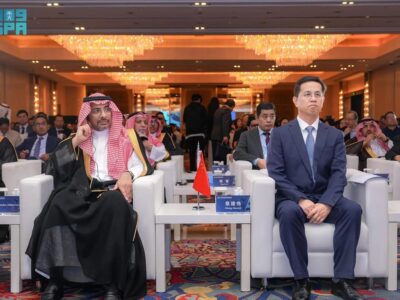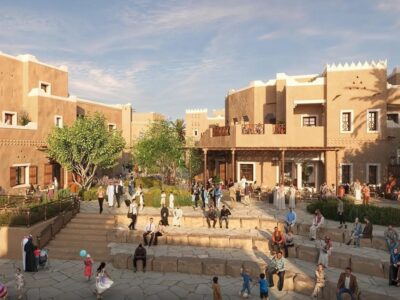The key theme running through the ninth edition of the annual ASDA’A Burson-Marsteller Arab Youth Survey 2017 is a sobering one: we live in a region where young people straddle a fault line between hope and despair.
A vast, important demographic that is united by religion, language and culture is increasingly separated by access to opportunity.
Even today, given the conflicts, security issues and unemployment that sadly mark much of the region, our overall finding looks surprisingly positive: just over half of young Arabs as a whole still believe their nation is on the right track. Looking at the survey on a region-by-region, or country-by-country level, however, we see a stark divide between youth in the Gulf states, who are brimming with optimism, and those in the Levant — Lebanon, Jordan, Palestinian Territories, Iraq — and Yemen, who are anxious and disillusioned about the future. The real tragedy of this year’s key findings is that young Arabs are becoming more pessimistic, despite the very nature of youth anywhere in the world to be boisterously upbeat about the future.
“Our best days are behind us” is not a phrase any government should hear from anyone, least of all the very demographic that will be living with the legacy of their rule.
It would be easy to dismiss this divide as the result of the widening income gap between the haves and the have nots — those that have oil, and the prosperity that should come with it, and those that don’t. But that’s too simplistic — Iraq and Libya, for example, are oil-rich states, but are among those countries in which youth are most concerned about unemployment, and least confident in their government’s ability to address that issue. The Gulf states, too, have seen oil revenues plunge by half since 2013 — from $735bn to $365bn in 2016 — but we have not seen a corresponding drop in optimism in that region.
This isn’t a crisis of economics, it’s a crisis of leadership. Perhaps unsurprisingly, our survey finds that almost all young Arabs believe their governments should do more for them, but it is only in the GCC where they believe their governments are actually doing something about the issues.
That suggests Gulf states are getting something right, and it’s not necessarily linked only to wealth. What’s clear from the findings is, even if many young people do lack confidence in their government’s ability to help them, they’re under no illusion that it is anyone else’s responsibility.









